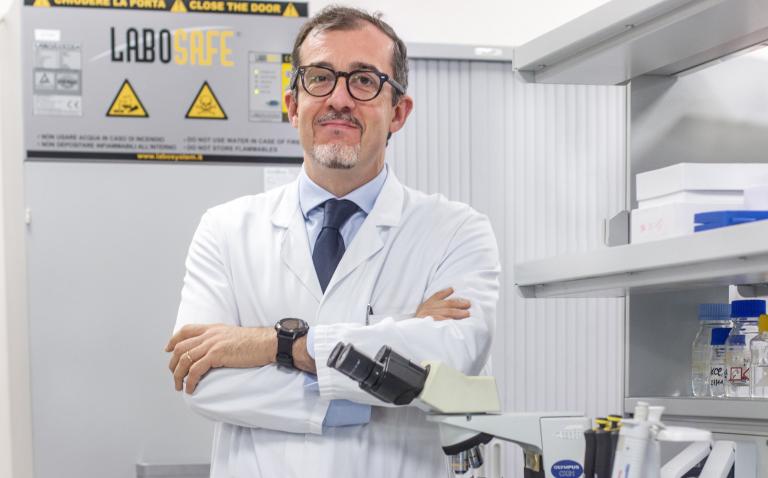Frailty is a syndrome characterised by reduced strength and endurance, accelerated decline in multiple physiologic functions and failure to restore homeostasis, particularly in senior subjects. In fact, frailty is a hallmark of ageing and predisposes subjects to health risks, such as fractures and falls, leading to further disability and morbidity and frequent adverse outcomes. Osteoporosis and immunosenescence (for example, ageing of the immune function) are paradigmatic components of this condition.
Immunosenescence or the decline of the immune function and a chronic inflammatory state are well illustrated by the reduced response to vaccines, and ultimately add to the musculoskeletal decay, resulting in a global public health problem, due to the expansion of the elder population caused by prolonged life expectancy and to the associated huge social and health care costs. The increasing prevalence of serum autoantibodies with age and the different manifestations of rheumatic diseases in the ageing population well represent these aspects. The ultimate goal of modern medicine is a personalised approach being tailored on the single patient, that is, tailored, based on a finely tuned definition of the immunogenetics, epigenetics, microbiome, and biomarkers, to maximise results and minimise risks. While this might appear an overambitious goal, we should note that our current genotyping capacity, the proteomic tools, and the examples of rheumatoid arthritis and other autoimmune diseases are strongly supporting the likelihood of the success of this hypothesis. Indeed, biomarkers are central to this pathway and the paradigm of anti-nuclear and anti-citrullinated peptide antibodies should be discussed. Among individual factors around which to tailor the patient management are sex and age, with gender-medicine finally becoming central to the research agenda.
Frailty progression can be delayed and partial reversion can be achieved if adequate interventions are undertaken. A wider understanding of the pathogenesis of frailty and the identification of possible biomarkers to measure its severity in routine clinical practice will help address this health challenge.










